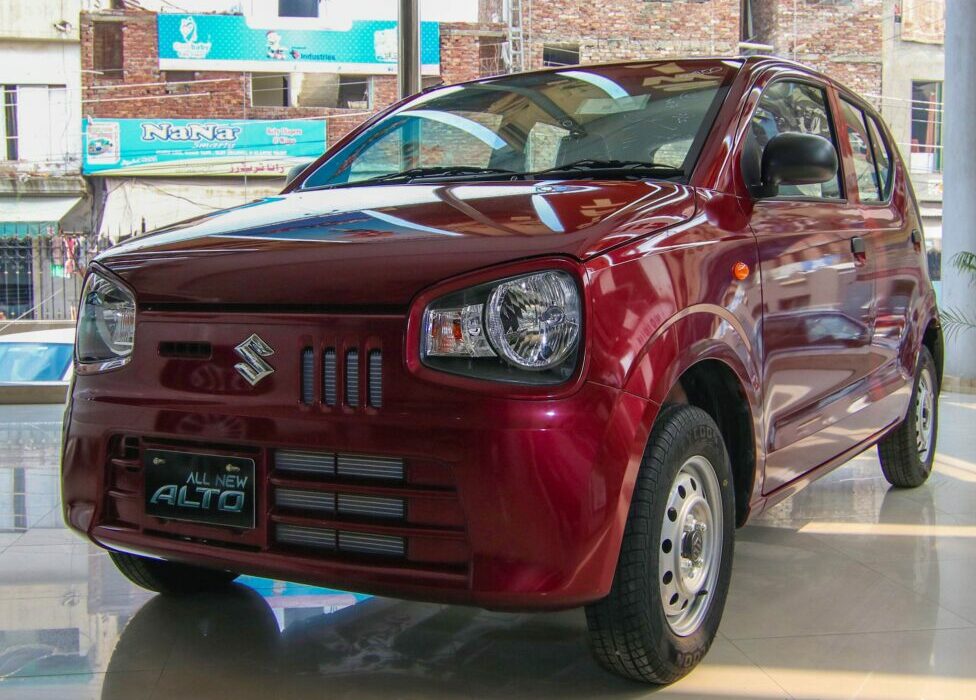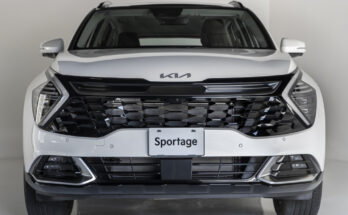As local assemblers prepare to raise prices further in response to the rupee’s declining value against the US dollar, car prices in Pakistan are expected to experience another wave of increases.
Lucky Motors just announced a price increase of up to Rs 350,000 on various Kia models, alongside several 2-wheel manufacturers who have jacked up the prices within the last week, other assemblers are likely to follow suit soon. According to Indus Motor Company (IMC), it had protected its customers in H1-FY23 from car price hikes for which it had incurred huge exchange losses but eventually, the impact of rupee devaluation would be passed on to the customers.
Related: Can Local Assemblers Take Advantage of the Export Market?
Local assemblers say car prices are set at a rupee-dollar parity of 285, whereas $1 is currently equivalent to around Rs 312+/-. One may anticipate at least a 10% increase in prices of locally assembled automobiles compared to where they are now, as local players typically tend to pass on a full currency devaluation impact on car prices.
The subsequent price hikes, though, won’t be the best way to boost sales because demand for locally assembled cars has already dropped by 55%. On the other hand, the start of the current fiscal year has been even more demoralizing as far as the sales are concerned. Since the beginning of this calendar year, prices of locally assembled vehicles have been jacked up by up to 7 times within 9 months, technically rendering a price revision every 38 days. The fresh wave of price hikes is likely to dent sales further but will help companies maintain their depleting profit margins.
Related: Despite 55% Decline in Sales, The “Big 3” Enjoy 82% Surge in Revenue
According to Mashood Ali Khan, a part exporter & former chairman of PAAPAM (Pakistan Association of Automotive Parts & Accessories), the auto industry has been going through very hard times due to a falling rupee, restrictions on LCs, limiting car financing and high-interest rates that are causing production slowdowns besides pushing up vehicle prices.
“Declining trend in car production is unlikely to be reversed in near future and may run till December,” he feared, adding the industry at present sees no change in fiscal policies and government support. He claimed that small and medium-sized auto vendors are severely harmed by these circumstances and have no chance of surviving. They are making sacrifices to keep running their operations in order to retain jobs, but some SMEs are going out of business. To prevent significant employee layoffs, according to Mashood, the local economy direly needs some sort of fiscal policy adjustments and government support.

A computer animation professional with over 23 years of industry experience having served in leading organizations, TV channels & production facilities in Pakistan. An avid car enthusiast and petrolhead with an affection to deliver quality content to help shape opinions. Formerly written for PakWheels as well as major publications including Dawn. Founder of CarSpiritPK.com




